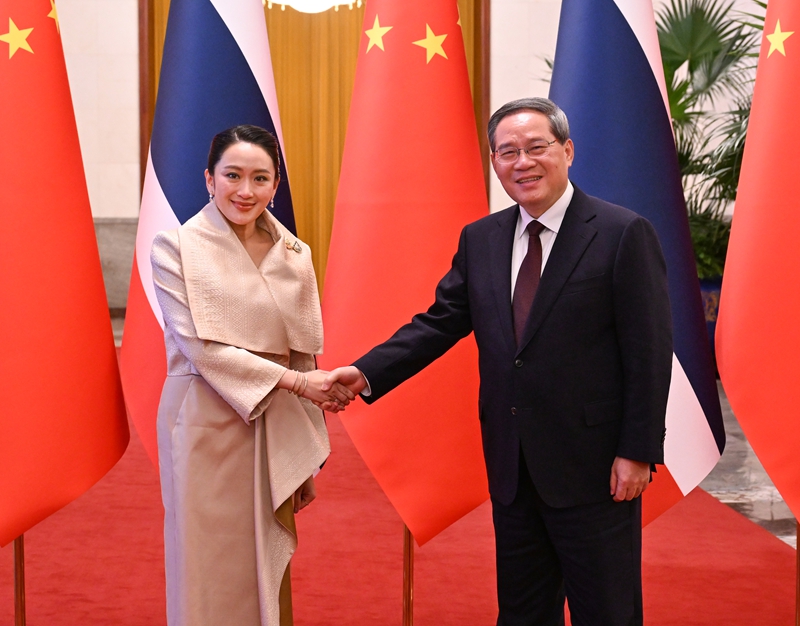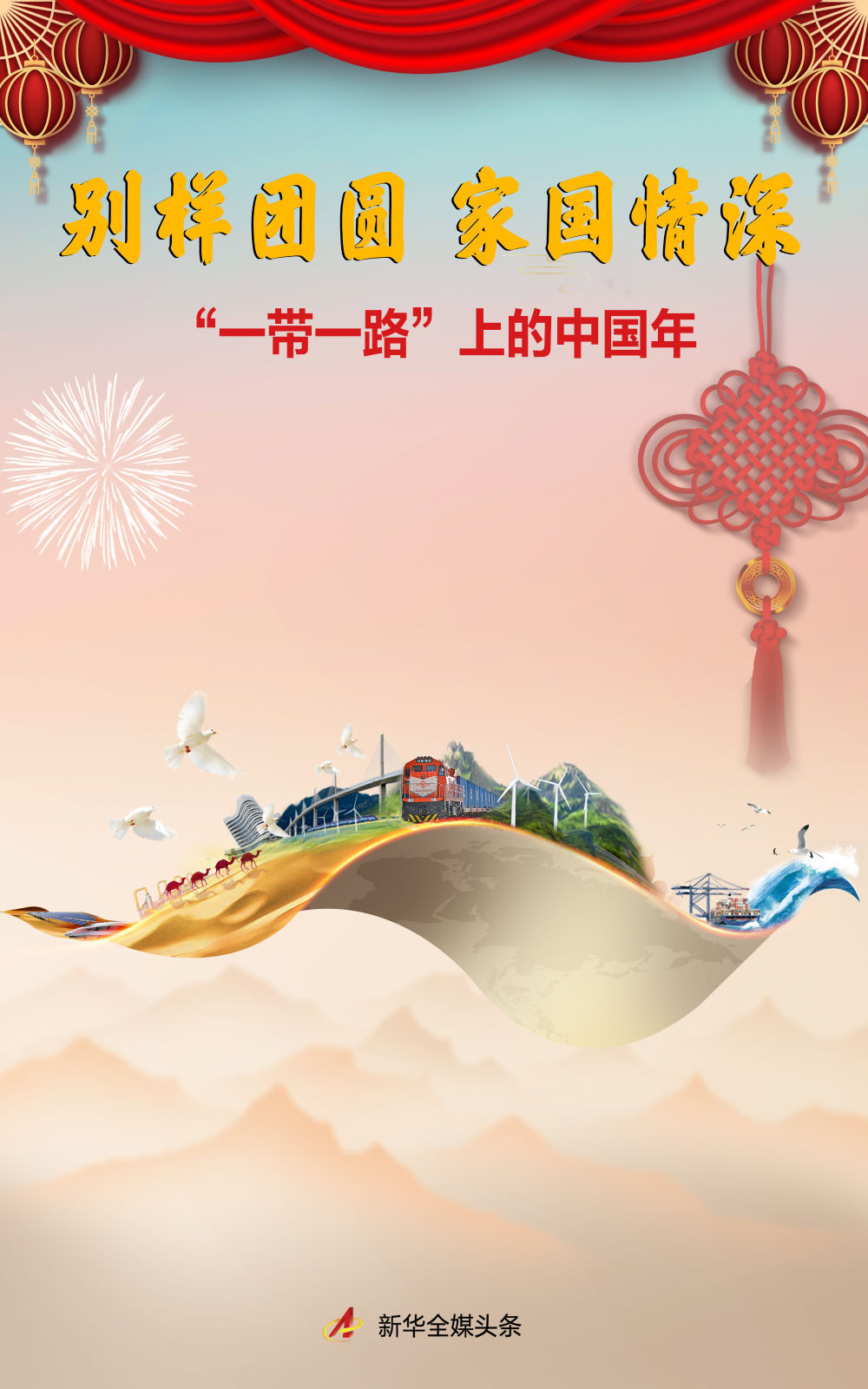Seeing That Even A Penny Could Not Make A Profit, Poland Quickly Reopened The Channel And Asked China To Change Its Mind.
Seeing That Even A Penny Could Not Make A Profit, Poland Quickly Reopened The Channel And Asked China To Change Its Mind.
The China-Europe trade line in September 2025 changed from "unobstructed" to "full suspension" overnight - Poland used the "Western-2025" military exercises from Russia and Belarus as an excuse to close the gates, and a large number of China-Europe freight trains were stranded on the border, and huge amounts of goods fell to a standstill.
The China-Europe trade line in September 2025 changed from "unobstructed" to "full suspension" overnight - Poland used the "Western-2025" military exercises from Russia and Belarus as an excuse to close the gates, and a large number of China-Europe freight trains were stranded on the border, and huge amounts of goods fell to a standstill. What’s more dramatic is that on September 23, when Poland reopened its channel, China’s first China-Europe Arctic container express shipping started from Ningbo Zhoushan Port, with a 18-day direct arrival time to Europe, which exposes the illusion of “only relying on the Polish channel”.

This blockade that lasted for many days was on the surface a temporary political decision by Poland, but in fact it completely exposed the "lifeline" of Sino-European logistics.
In the past decade, the China-Europe freight train has become the main force of Asia-Europe trade with stability, while the Polish Malashevich Port has long undertaken the core rail replacement task of the China-Europe freight train, and has gradually become a hub that "it cannot be done without it". What this means is that it is cheap and fast to walk this path in normal times, but as long as there is something unexpected - such as geopolitical conflicts and policy changes, the entire supply chain will be stuck immediately.
To put it bluntly, Poland dares to close the gates this time, because it is accurate to have such "single dependence". They feel that China has no other way to choose from. Even if it makes less money in the short term, it can force China to make concessions on related issues.
But Poland obviously miscalculated one step: China has long been laying plates with diversified channels.
During the lockdown, China's backup plan was quickly implemented. On September 23, a container freighter set off from Zhoushan Port in Ningbo, carrying new energy vehicle parts and cross-border e-commerce parcels, heading towards Europe on the Northeastern Arctic Passage. This line is not just fast - 18 days a one-way trip, which is nearly a week shorter than the China-Europe freight train; the more important thing is safety, avoiding areas with frequent geopolitical conflicts in Eastern Europe, with too little risk.

And this is not a temporary solution. Ningbo Zhoushan Port has previously opened several express shipping routes to Europe. Once the Arctic line is opened this time, it means that China has already had two "Arctic tradition" shipping routes, forming double insurance.
At the same time, the southern route is also making efforts to further demolish Poland's "hub dream".
During the lockdown, the "New Eurasian Channel" across the Caspian Sea, Türkiye and Hungary increased significantly. The goods that were originally wanted to pass from Poland can now go directly to the heart of Europe by taking the southern line.
This layout of "land and sea can go up and north and south" completely breaks Poland's fantasy. They finally realized that the "channel ace" in their hands was no longer useful, and the domestic economy could no longer bear it.
Logistics in the Malasevic area have stagnated, transit income has shrunk significantly, agricultural product exports have been blocked, industrial product transportation has been interrupted, and factory production has been affected. At this point, Poland has no choice but to reopen the channel.

On September 23, Polish Prime Minister Tusk announced the reopening of the border, which was only a few hours after the Arctic Express sailing set. Anyone with a discerning eye can see this time difference: it is China's diverse channel, which directly pushed Poland to let go.
Looking further, this crisis is actually a practical test of "removing risks in supply chains".
In the past few years, Europe and the United States have always said that they should "remove risks", but most of them just move factories to so-called "friendly countries", and have not noticed that "single channels" are the greater risks. This Polish blockade proves that even if the factory is distributed evenly, as long as the logistics is stuck on a node, the supply chain should be paralyzed.
China's response actually points out a more practical way to "removing risks": not to engage in opposition or demolish industrial chains, but to rely on diversified channels to improve resilience.
What we need to distinguish here is that the expansion of Arctic Express and the South Line is not to replace the China-Europe freight train, but to form a "three-track parallel" pattern. Different goods can be selected as needed: go to the Arctic quickly and safely, go to the southern line if it is cost-sensitive, and take the China-Europe freight trains in inland areas. This "multiple-legged walking" model can not only reduce the risk of dependence, but also rely on competition to make the entire logistics network more efficient.

For Europe, this crisis should also be reflected on.
For a long time, some European countries have always liked to tie logistics channels to politics, thinking that controlling the channels can suppress China's concessions, but they forget how much their economy relies on China-Europe trade.
As soon as the lockdown was launched, the German automobile industry, French retail industry, etc. were affected, and the EU economy suffered a direct impact. These real losses forced Europe to think again: Is it worth politicizing the channel?
So as soon as the crisis passed, Germany, France and other countries began to promote the "multi-channel backup plan", making logistics companies less dependent on Poland, and actively seeking China to cooperate with Arctic waterways and trans-Caspian channels. This change shows that rationality finally prevails between economic interests and political demands - no one is willing to lose their own money in the long term for short-term political goals.
And Poland's lessons are more profound than anyone else.

As an important transit country of the China-Europe freight train, Poland could have made profits by relying on its hub status, but it insisted on using the channel as a political tool, and ended up with "economic losses and status lost."
Even if the channel is reopened now, the losses will not be compensated. With the diversion of Arctic Express and the South Line Channel, Poland's "hub position" in Central and European logistics will only become weaker and weaker.
Here we can draw a clear conclusion: the value of logistics channels is service trade, not a weapon of political game. Anyone who wants to use the channel as a bargaining chip will eventually be bypassed by both sides of the trade and smashed his own job.
From China's perspective, this crisis has accelerated the construction of the "Ice Silk Road".
The Arctic Channel was originally the shortest route in Asia and Europe, but it was not used because of the lot of ice and the short navigation time. It’s different now: global warming has made the navigation window longer, China’s technology in icebreakers and port construction has also kept up, and the conditions for commercial operation have matured.

Once the Arctic Express was launched this time, it not only gave China-Europe trade an additional option, but also gave China a more practical foundation in Arctic governance and the promotion of the "Ice Silk Road". Next, as the facilities of the Arctic waterway become better and better, its proportion in Asia-Europe logistics will definitely become higher and higher, and finally form a three-legged situation with traditional sea transportation and China-Europe freight trains.
Of course, we must also be clear: diverse channels cannot be built in one day.
The Arctic waterway still has seasonal restrictions, so it is still difficult to pass in winter; the facilities of the southern route must be improved; the China-Europe Express still has irreplaceable advantages in the transportation of some high-value-added goods.
Therefore, China's layout is not "choose one and abandon that one", but "complementary advantages". Simply put, it means that goods with strong timeliness and high added value go to the Arctic, bulk goods that are sensitive to costs go to the southern line, and goods in inland areas also go to the China-Europe freight train. In this way, goods with different needs and risk preferences can find suitable channels, and finally form a three-dimensional logistics network.

This crisis caused by the Polish blockade ended with a breakthrough in China's diversified channels and a compromise between Poland. But the supply chain resilience problem hidden behind it is worth pondering all countries.
In today's globalization, no country can develop independently from the supply chain, and no country can make long-term profits by controlling channels. Only by taking an open and cooperative attitude and working together to make logistics channels more diversified and more convenient can both parties make money.
For China, this crisis is both a challenge and an opportunity - it not only allows the world to see China's ability to build a resilient supply chain, but also adds strength to the "Ice Silk Road" under the "Belt and Road".

For countries like Poland that want to politicize channels, this is a real lesson: in the era of economic globalization, if you violate the laws of trade and want to make profits by sticking others, you will only shoot yourself in the foot.





